This is the fourth of a five-part entry written by “Anonymous”.
Read Part 1, Part 2, and Part 3
A Marian Response
A good priest friend of ours (Ah yes…another one of those good priest friends. Thankfully.) reminded me that a judgmental response, a response to suffering and sin that is critical, in fact a “checklist” response, is NOT a Marian response.
A Marian response is one of compassion.
Let that word just sit with you for a moment. Compassion. Com – passion. With…suffering. Indeed, to suffer with. What did Mary do as she watched her son ridiculed, derided, misunderstood, tortured? Did she lash out, point fingers, place blame? No. She suffered with him. She didn’t say a thing, at least not that we know of. Her action was her loudest statement. She walked with him in an attitude of humility and docility. She accompanied him. She took his suffering and his wounds to herself. And I believe this is how we as Christians should respond to the suffering of our fellow pew-mates. With compassion. Please God, let me be Mary to others.
It struck me, sometime about a year ago, that Christ asks each of us as individuals the same question he asked the disciples: Who do YOU say that I am? And he asks each one of us, our children included. Perhaps this is a little like the classic Protestant evangelizing question, “Have you accepted Jesus Christ as your personal Lord and Savior?” Well, that’s not completely wrong. Because we won’t be saved as a family. Or as a parish. Or as a community. Jesus came into intimate contact, face to face, with many people during his life on earth. How many individual people left him? Ignored him? Walked on by? Were unmoved? In the case of my daughter, her defiant response to ‘Who do you say that I am?’ is ‘Who are YOU to say who I am?’
Do we honestly think we can guarantee sainthood for ourselves or our children simply by following a formula? If we had a sure-fire formula, I’m pretty sure we would have all been following it for a long time now! But our faith is not formulaic. It is beautiful and awesome and grand. It is alive and involves others. It is not a checklist. It is not guaranteed even. There is one option though as a community that I think is the best response to families with children who have fallen away and fallen away big time. And it’s one that hits at our pride. That is precisely the way of Mary. The way of compassion.
Why do I say that compassion hits at our pride? Because we can’t stand apart from the one doing the sinning if we are suffering with those involved: in this case the family and the child. We can’t play the Pharisee if we are walking with those who are suffering. Sin does not like to be seen. It hides itself, much as our daughter slipped away from us. She hid herself so well, I didn’t even realize what happened until she was gone. But when you suffer with someone, you do truly see them. You are present to them. You behold them. Isn’t it interesting that the word “behold” has the verb hold in it? It’s a much stronger verb than to merely “see”. When we look at an individual who has left the faith and place them outside of “us” and begin to see them as “those”, we are not truly beholding a person. As a mother, I tell you, that person is someone’s daughter. Someone’s sister or brother or son. As followers of Christ, striving to walk in Mary’s steps, we need to behold one another. We need to compassion one another into our very hearts. To see and hold and be present. Not to categorize, judge and check our own boxes.
* * *
The opinions and experiences expressed in each blog entry in “The Upper Room” belong solely to the original authors and do not necessarily reflect the views and policies of Courage International, Inc. Some entries have been edited for length and clarity.
